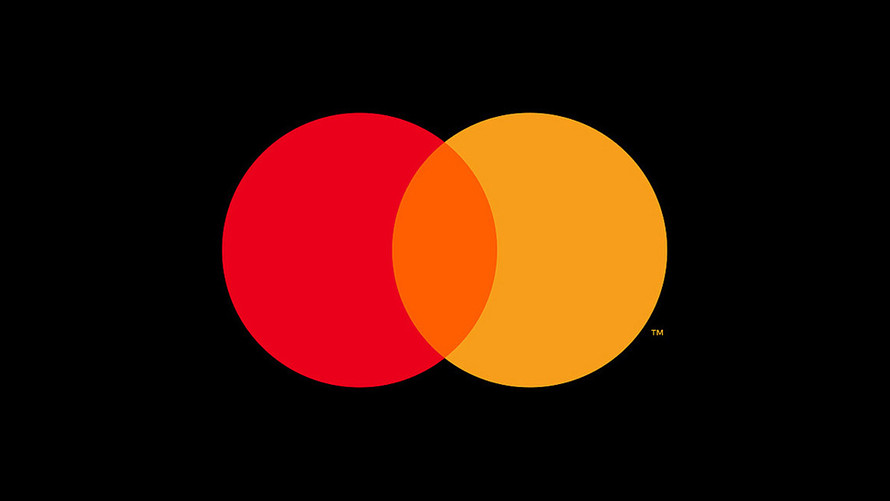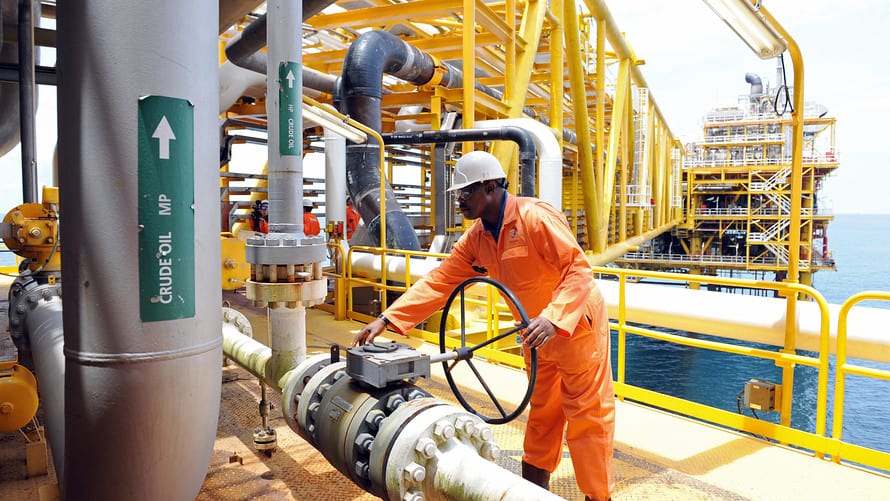
Mastercard Inc. announced the biggest acquisition in its history on Tuesday, as the card network continues its efforts to move beyond plastic.
The company plans to acquire the account-to-account business of Danish payment-technology company Nets for €2.85 billion, or about $3.19 billion, in a deal expected to close during the first half of 2020. Mastercard MA, +3.05% will be gaining infrastructure, bill-payment technology, and open-banking capabilities through the acquisition.
Though Mastercard is known for processing debit- and credit-card transactions, the company sees a big opportunity in other payment flows. In particular, Mastercard has increasingly been trying to capture payment volume that occurs between bank accounts, as business-to-business payments and other transaction types have historically avoided the card rails. The deal for a portion of Nets’ business represents a continuation of Mastercard’s strategy, which began with its purchase of real-time payment operator Vocalink three years back.
“It’s a significant acquisition for us but on the backs of three years of experience in real-time payments and increasing growth and excitement around real-time payments,” said Michael Miebach, the company’s chief product and innovation officer, in an interview with MarketWatch. He expects the deal will make Mastercard “a more relevant partner for banks” and others in the payments ecosystem.
Miebach sees the Nets assets as a way to strengthen Mastercard’s offerings in Europe, where Vocalink has already allowed the company to build up a presence in the U.K.’s real-time payments landscape. The Nets businesses give Mastercard positioning in areas like the Nordic countries, Hungary, and Slovenia.
Though Nets’ technology is prominent in several European markets, Mastercard hopes to expand it to broader geographies, a factor that excites analysts. “On the application side, while Nets’ billpay services have significant share in Denmark and Norway, we believe the acquisition brings a modern bill-pay platform that Mastercard could deploy globally, as well as open banking solutions that could help European financial institutions prepare for PSD2,” wrote Barclays analyst Ramsey El-Assal, referring to European payments regulations that are in the process of being implemented.
The purchase “seems like another ‘monetization’ vehicle, as both Mastercard and Visa V, +2.14% are expanding their respective payments ecosystem, providing both networks with the ability to generate ‘beyond-traditional’ processing fees,” Wedbush analyst Moshe Katri told MarketWatch in an email. “This acquisition provides an incremental processing rail, focusing on real payments as well as analytics-related solutions.”
The deal announcement follows a disclosure from Federal Reserve Governor Lael Brainard that the central bank is working on its own real-time payments system, which is expected to become available in 2023 or 2024. The Clearing House and its member banks launched a private-sector real-time system in 2017, which uses Mastercard’s Vocalink technology.
Mastercard’s stock is up 1.9% in Tuesday trading, and has gained 39% so far this year. The S&P 500 SPX, +1.30% has risen 14% in that time.
























